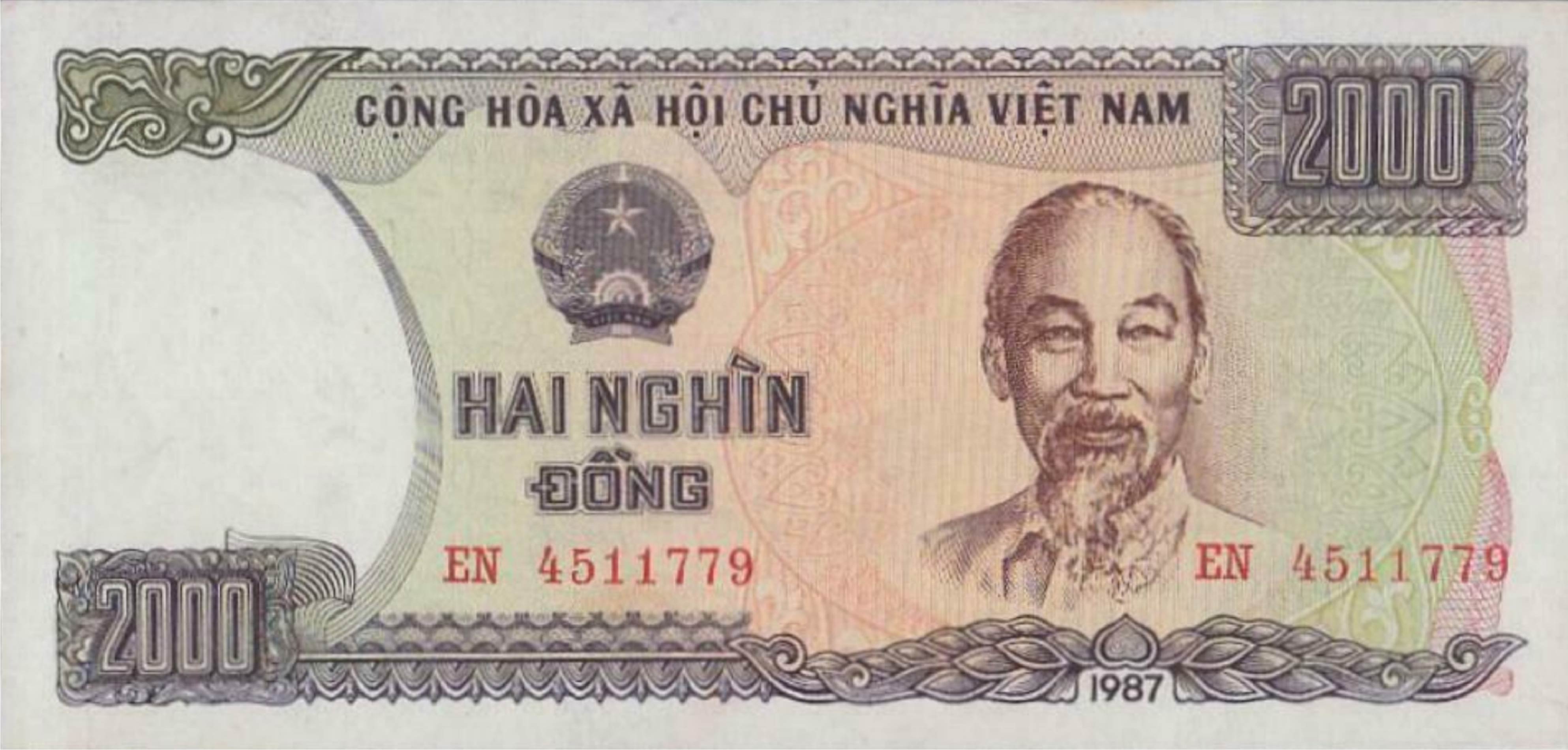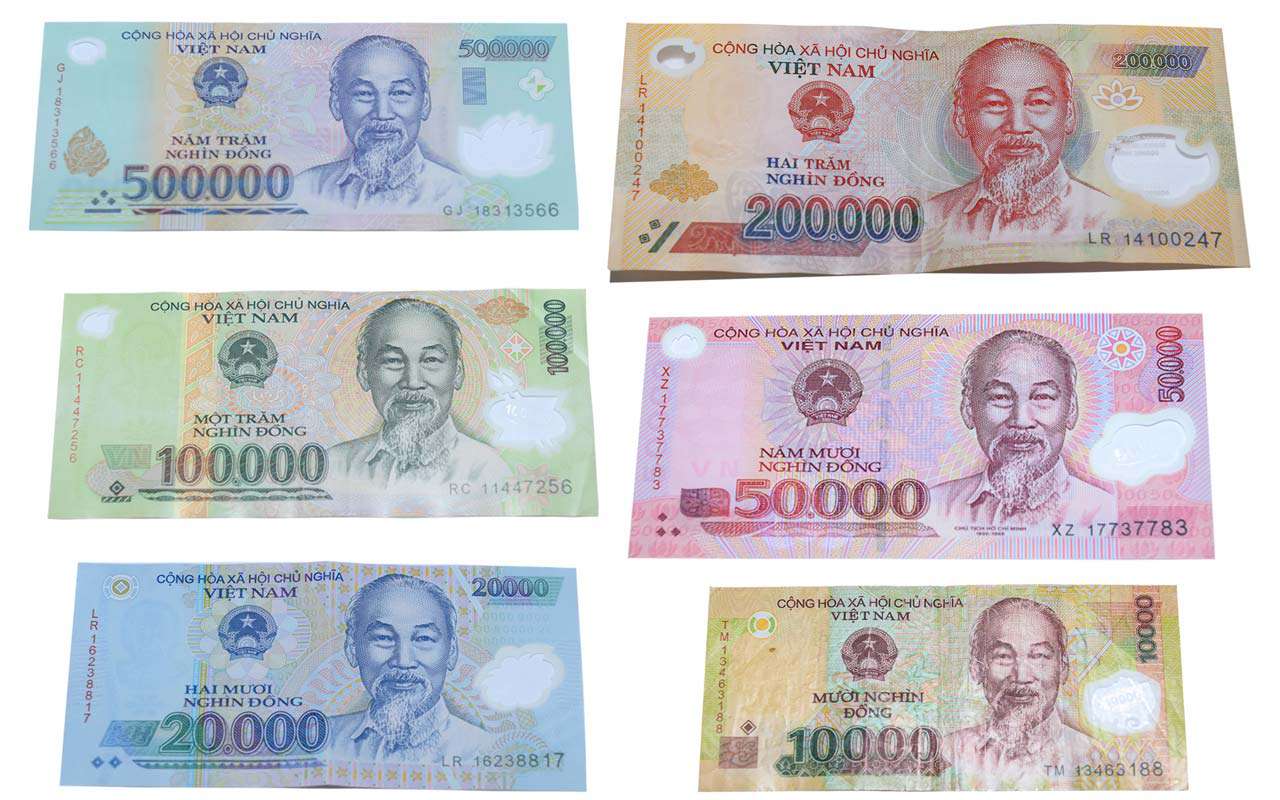

- 1 US DOLLAR TO VIETNAMESE DONG DRIVERS
- 1 US DOLLAR TO VIETNAMESE DONG FULL
- 1 US DOLLAR TO VIETNAMESE DONG CODE
Dollars will work in many places but it can be an expensive and embarrassing ordeal if you find yourself in a situation where your US dollars don't work. It is always better to carry some VND when you are traveling in Vietnam. If you are in a busy area you have nothing to fear from the tellers themselves, but always keep an eye on your belongings, and make sure your passport is returned after the transaction is completed. When exchanging money, you will need to show your passport to the teller. If you have time, walking round to compare rates at a few stalls might help you save a few dong. Such stalls will display the exchange rates for different currencies on neon signs and usually have rates more competitive than those at the airport. Major banks such as Wells Fargo and US Bank have branches in Ho Chi Minh City and you can find small stalls offering exchange services near almost every tourist site. What to Expect When Exchanging Currency in VietnamĮxchanging currency in and around Vietnam's major cities is relatively easy and reliable. If you can, learn some Vietnamese numbers as this is always a great skill to have when you are shopping in Vietnam.Īsia Highlights has put together some other tips for shopping in Vietnam here. It also helps to wander around the market first to get an idea of what is available before making a purchase. If you are looking for something specific, ask around in hotels to find out what the price should be close to, as this will help you decide how much to bargain for. As a general rule, begin by offering 20% to 30% of the original price. You can haggle in Vietnam, especially in Vietnam's many markets. It may feel like you are saving money by avoiding steep airport exchange fees but traveling without any VND can lead to situations where you do not receive any change, or simply cannot buy what you want.
1 US DOLLAR TO VIETNAMESE DONG DRIVERS
If you decide to see how far your dollars can take you, expect local shop owners and taxi drivers to add their own exchange fees and set their own exchange rate, so prepare for inflated prices. In fact, if you have decided to get a Vietnam visa on arrival at the airport you will be required to pay the service fee in USD ($20 to $40 depending on the length of stay). Many restaurants will also have their menu in US dollars. It is not uncommon to hear hawkers yelling out prices in USD as you walk around, and for stores to quote you in US dollars. In the major cities of Hanoi and Ho Chi Minh City, US dollars are widely accepted.
1 US DOLLAR TO VIETNAMESE DONG CODE
IFSC is an Indian Financial System Code which is an alphanumeric 11-digit code.Due to the historical involvement of the United States in Vietnam and the country's dependence on tourism, it is fair to ask, “Will my US dollars work in Vietnam?” In short, the answer is yes.

1 US DOLLAR TO VIETNAMESE DONG FULL
Please note that the beneficiary’s account number and full address are required to initiate any international money transfer.ĪBA routing number also known as Routing Transfer Number (RTN) is a 9-digit code. Your beneficiary can provide the IBAN for your transfer or if paying to your own account, your overseas bank can provide these details. IBAN should be provided for all payments to the EU/EEA, UK and some non-European countries including most states of the Middle East, e.g UAE, as well as North Africa and the Caribbean region. The length ranges from 15 to over 30 alphanumeric characters. IBAN is an international bank account number. You can contact the receiving bank/recipient for the details or use the ‘look up bank’ function in Westpac Online Banking when adding a new payee. SWIFT/BIC code, also known as Bank Identifier Code (BIC) is an 8-11 alphanumeric code used to identify a bank. Typical bank details required to initiate an international money transfer include:


 0 kommentar(er)
0 kommentar(er)
